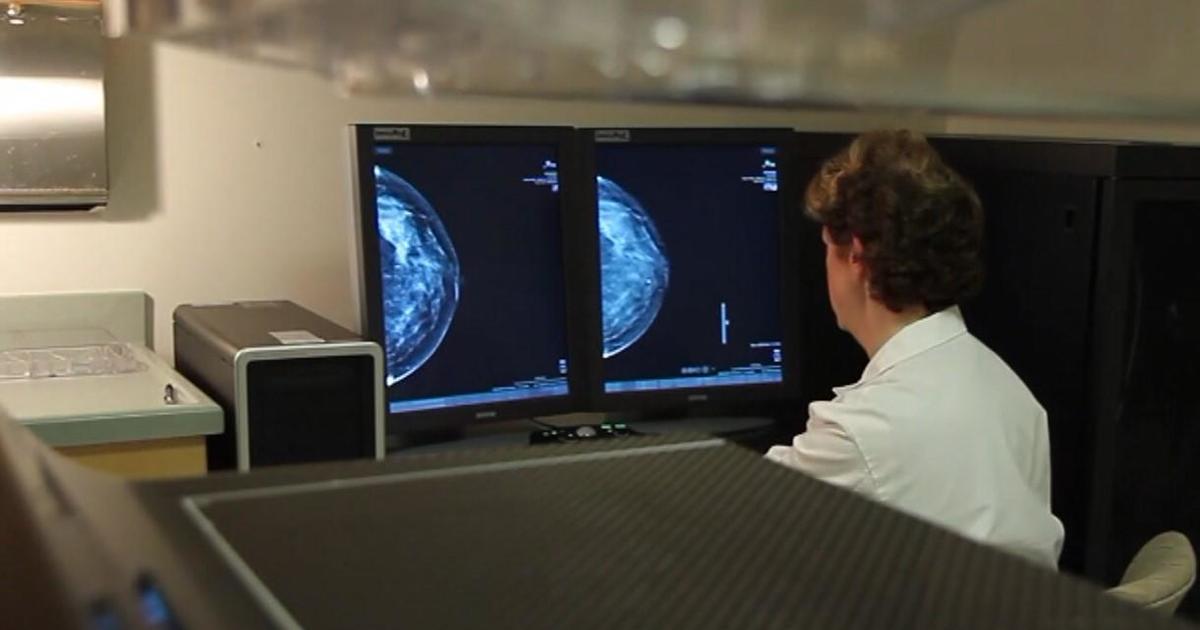Police: Md Psychiatrist, Son Die In Murder-Suicide
WASHINGTON (AP) -- A psychiatrist specializing in women's health shot and killed her 13-year-old son at their home in suburban Washington, and fatally shot herself, police said Wednesday.
The bodies of Margaret Ferne Jensvold, 54, and her son, Benjamin Barnhard, were found Tuesday afternoon in their bedrooms. Police were called after one of Jensvold's co-workers reported being unable to contact her for several days. Jensvold was divorced and lived with her son in the upper-middle-class suburb of Kensington, Md.
Each died of gunshot wounds, police said late Wednesday, and the state Medical Examiner's office confirmed that Benjamin was slain and Jensvold committed suicide. The deaths remain under investigation.
Jensvold was most recently working with Kaiser Permanente in Kensington, said her ex-husband and Benjamin's father, James Barnhard. He said he had last spoken with Jensvold several days ago to arrange a time to pick up his only son from her house.
"Ben was a very sweet and loving child. I mean, he was just one of the kindest and sweetest kids a parent could ever wish to have," Barnhard said.
He said his son had spent the last year at a weight-loss program in North Carolina and had shed more than 100 pounds and loved sailing and other water activities.
He said he had no indication of any problems between his son and ex-wife.
"She was always nice to Ben. Sometimes she could get a little frustrated with him, but she was always nice to Ben," he added.
Robert Baum, Jensvold's divorce attorney, said his client was a devoted mother who limited her medical practice to care for her son, who had a variety of health problems. She also insisted that Benjamin's father receive visitation rights, even after a judicial master said he was inclined to deny visitation, Baum said.
"Countless people will miss her warmth and compassion," Baum said in a statement.
In 1990, Jensvold filed a federal lawsuit against the National Institutes of Mental Health, where she had been a medical staff fellow.
She alleged that a male superior harassed her because she was female and fired her in 1989 before she could complete the third year of her fellowship program. An eight-person jury found in Jensvold's favor, but that decision was rendered moot in 1996 when a judge held that she did not have the right to a jury trial and called her version of events an "illusion" and "widely exaggerated and skewed."
"She's an incredible person. I know she struggled against significant adversity, personally and in her career, and overcame a lot of hurdles to do some wonderful research and be a really good practitioner," said Lynne Bernabei, an attorney who represented Jensvold in her case.
"I think she had a great compassion for women and improving the lives of women through good health research, and she had a real passion for that," Bernabei said. "It wasn't just a 9-to-5 job for her. She really cared."
(Copyright 2011 by The Associated Press. All Rights Reserved.)



